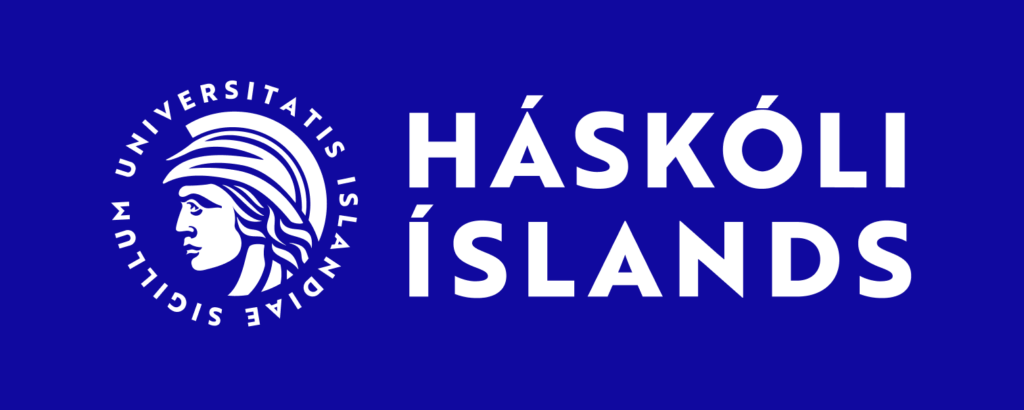Michael Micci
Sacred Space of Profane Tales
The Multifaceted Nature of Icelandic riddarasögur through the Case of Nitida saga
Fimmtudaginn 7. september 2023 kl. 16.30 / Thursday, September 7, 2023, at 16.30
Fyrirlestrasal Eddu / Edda auditorium
 In recent years, the perception of indigenous Icelandic riddarasögur has changed significantly within the scholarly community, from paltry products made for the distraction of Icelanders after the loss of political autonomy in 1262-64 to important testimonies of their time with a recognised literary value. After Geraldine Barnes’s 2014 The Bookish riddarasögur, the diverse kaleidoscope of sources and influences that have given shape to these narratives has been especially investigated in order to renegotiate their place and function in the context of medieval Icelandic literature. Nitida saga is among the most interesting texts that have been labelled as indigenous riddarasögur by literary critics, since it presents the typical features of Icelandic chivalric tales, particularly the so-called maiden-king sagas (meykónga sögur), while also redefining a large number of their fundamental elements.
In recent years, the perception of indigenous Icelandic riddarasögur has changed significantly within the scholarly community, from paltry products made for the distraction of Icelanders after the loss of political autonomy in 1262-64 to important testimonies of their time with a recognised literary value. After Geraldine Barnes’s 2014 The Bookish riddarasögur, the diverse kaleidoscope of sources and influences that have given shape to these narratives has been especially investigated in order to renegotiate their place and function in the context of medieval Icelandic literature. Nitida saga is among the most interesting texts that have been labelled as indigenous riddarasögur by literary critics, since it presents the typical features of Icelandic chivalric tales, particularly the so-called maiden-king sagas (meykónga sögur), while also redefining a large number of their fundamental elements.
The story of Nitida the Famous, queen of a fictional counterpart of France, courted by the world’s most valiant knights, who are ready to face perilous journeys and supernatural threats in order to win her hand, might look like an unambiguous and straightforward iteration of popular chivalric topoi. In fact, as recent research has demonstrated, the complexity of the Icelandic riddarasögur does not lie in their adventurous plots but rather in their unique way to successfully combine different and apparently conflicting narrative — both learned and popular, local and foreign. This paper will focus on the fictional space of Nitida saga as the main recipient of a religious symbolism derived from learned sources of clerical stamp which used to circulate in late-medieval Iceland. The proposed analysis should demonstrate that the most notable innovation carried out by the saga’s author is not to be found in Nitida as an unusually benevolent maiden-king but rather in the ways she interacts with both the physical and ideological landscape around her.
By constructing a space which is essentially allegorical and by carefully positioning Nitida in it, the author adopts a design that does not have the entertainment of the uneducated audience as its sole purpose. In fact, Nitida saga stimulates reflections on the characteristics of a good ruler, the relationship between gender and power, and even the reception of the crusading ideals in Iceland. As many indigenous riddarasögur, the text presents multiple levels of interpretation which hint at a multi-layered audience and at a variety of functions in the peculiar framework of 14th-century Iceland.
Michael Micci holds a Ph.D. in Icelandic Literature at the University of Iceland and is currently teaching Icelandic Language and Literature at the University of Milan. He specialised in the indigenous riddarasögur and their construction of narrative space, but his interests also involve Old Norse linguistics and textual criticism. He published the first Italian translation of Vápnfirðinga saga in 2023 and is currently working on a critical edition and translation of Nitida saga. Find out more about his work on Academia.edu or contact him at mim20@hi.is.
Fyrirlesturinn verður haldinn á ensku og er öllum opinn. / The talk will be delivered in English and is open to all.
—o—o—o—

